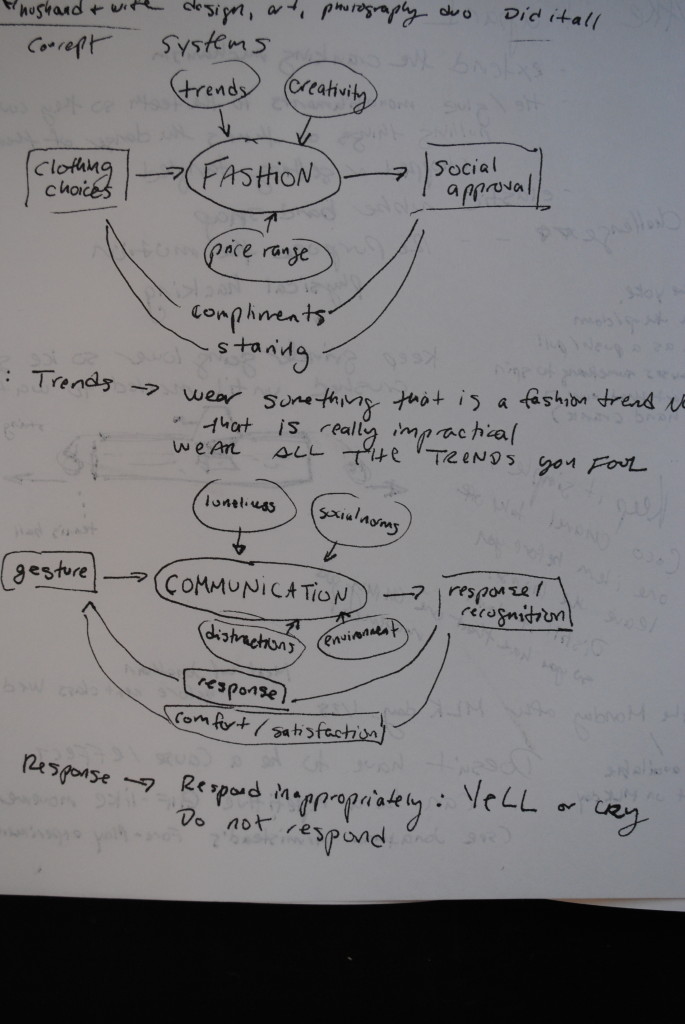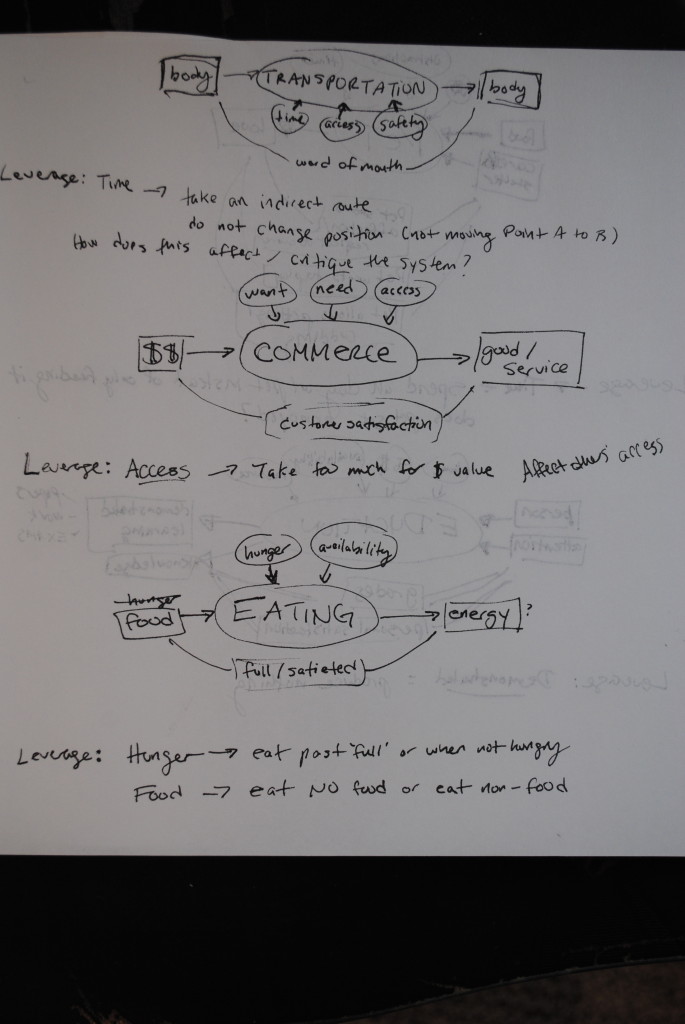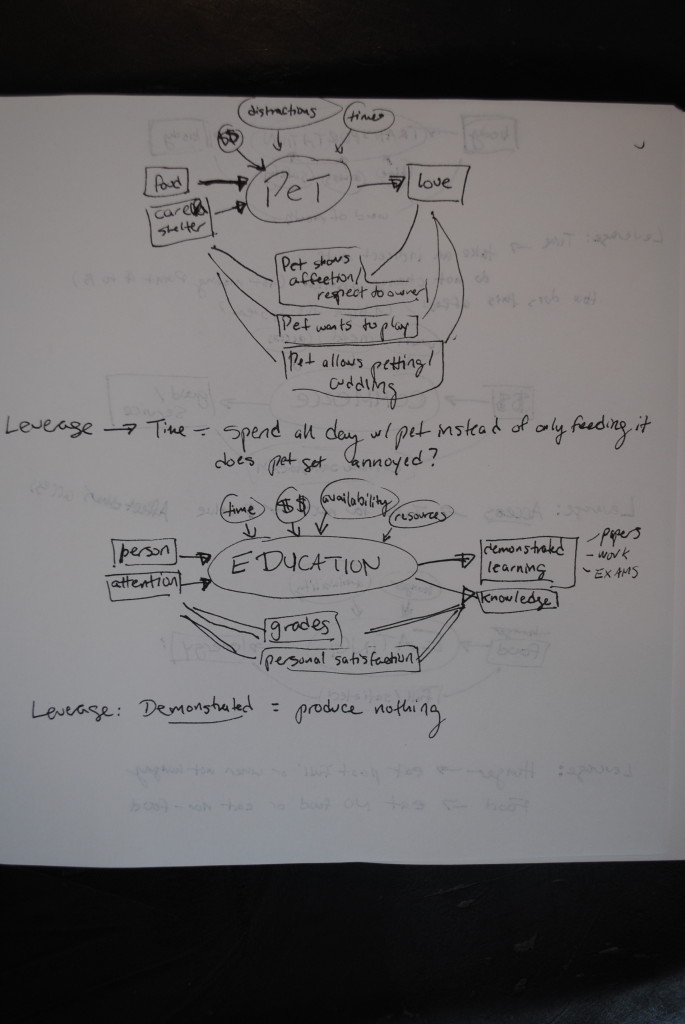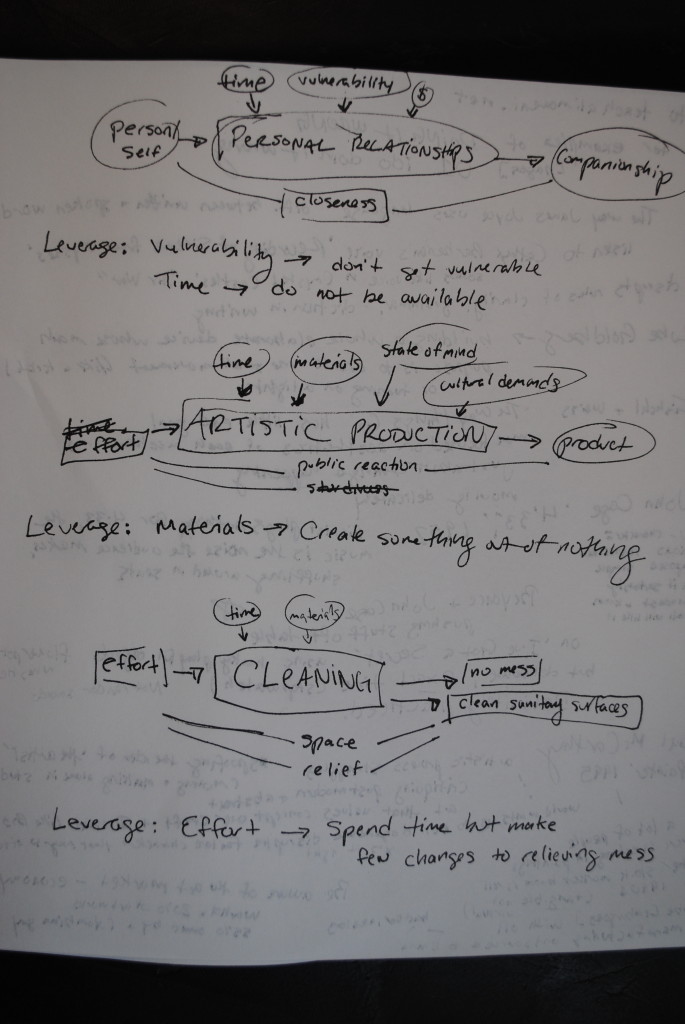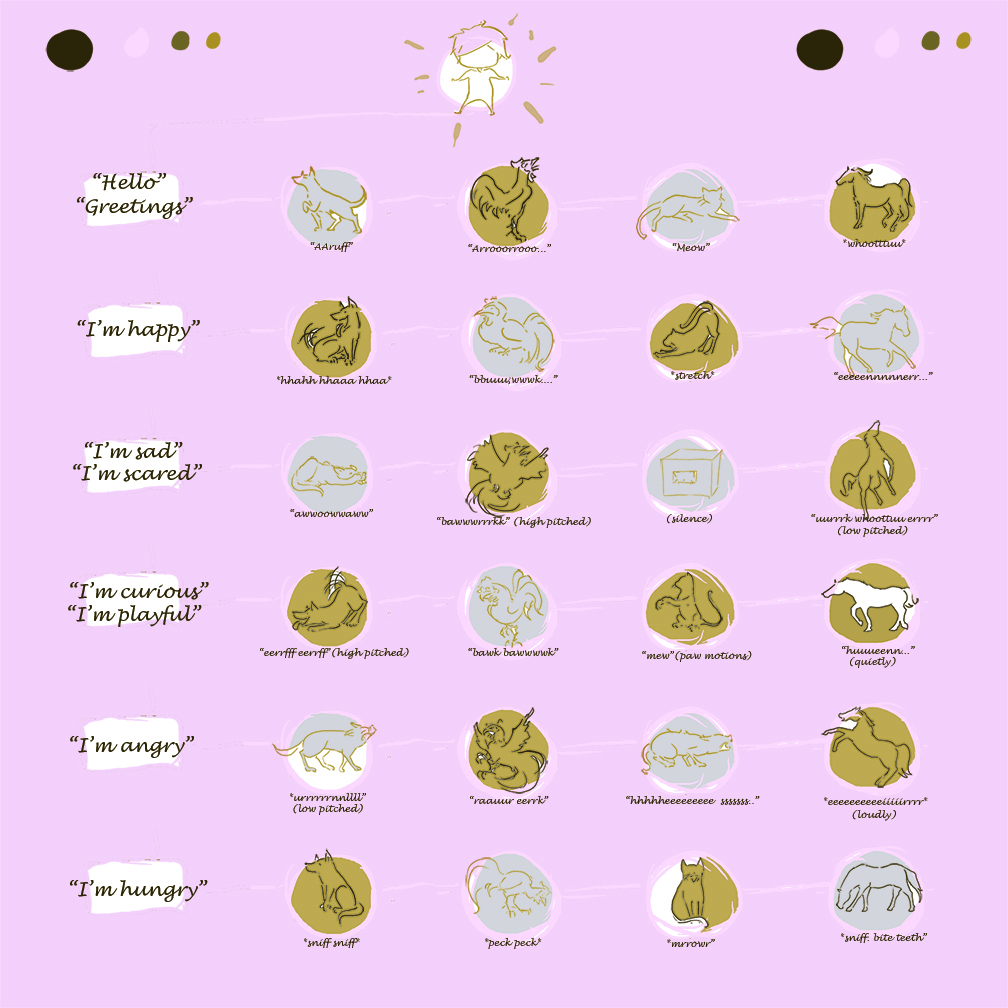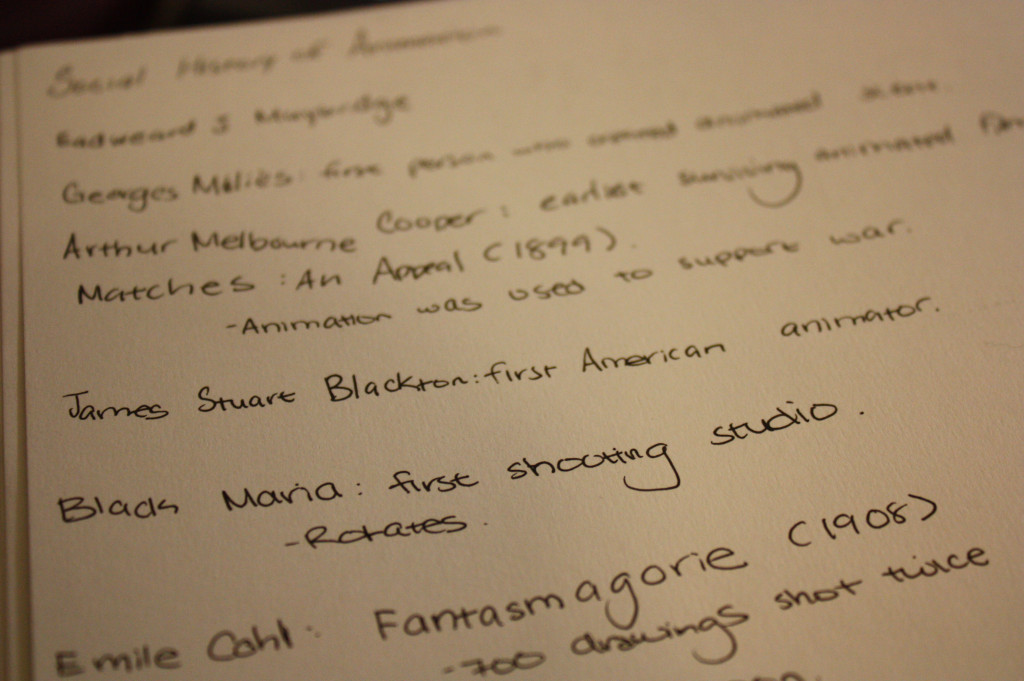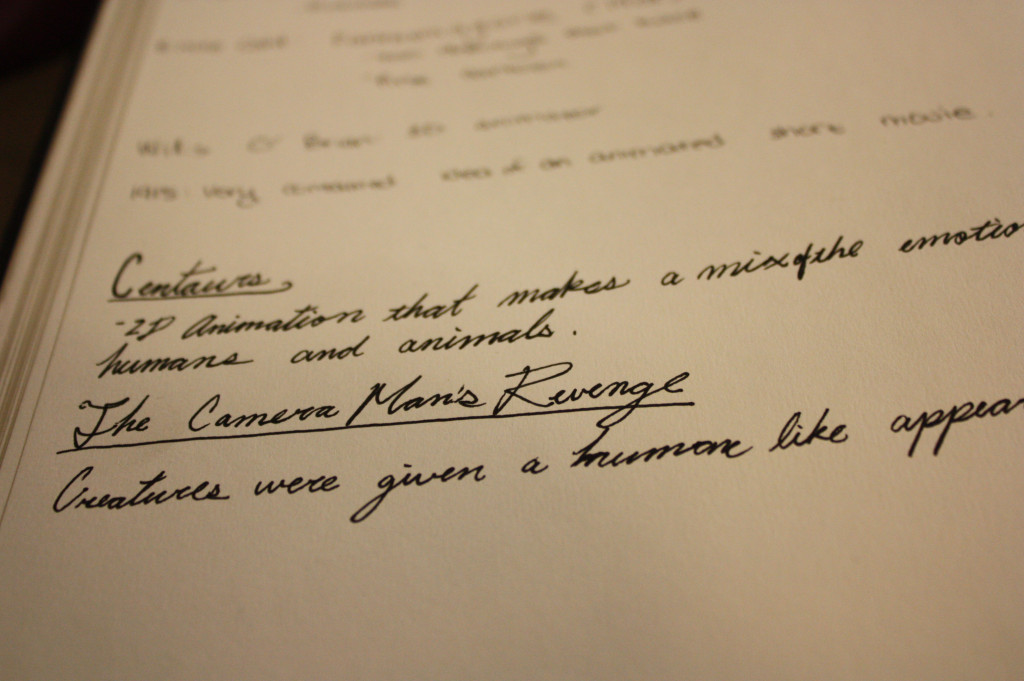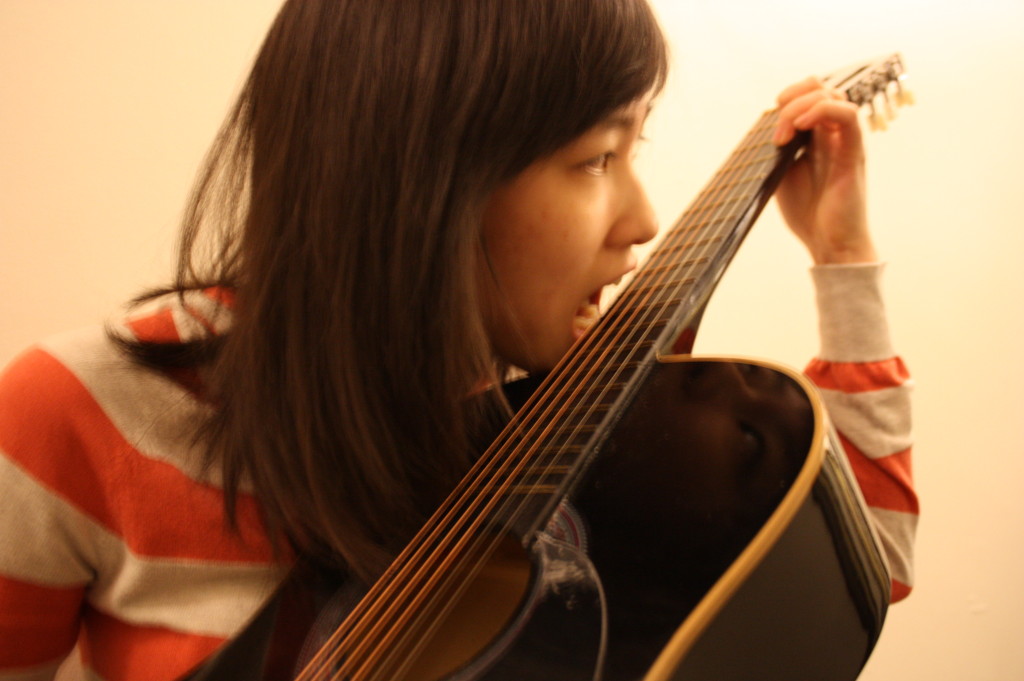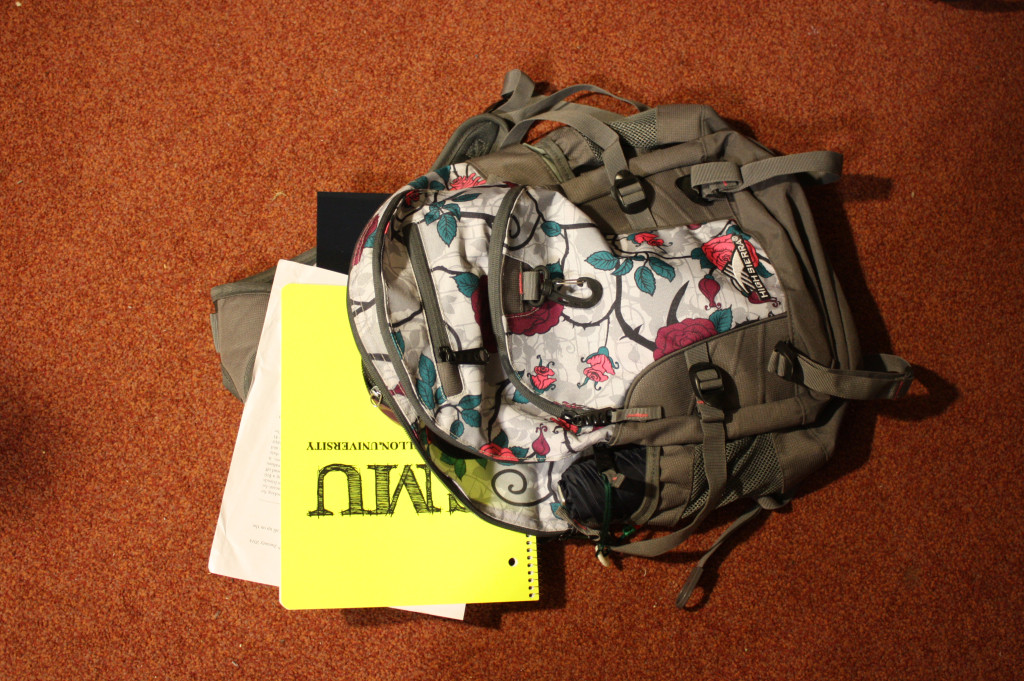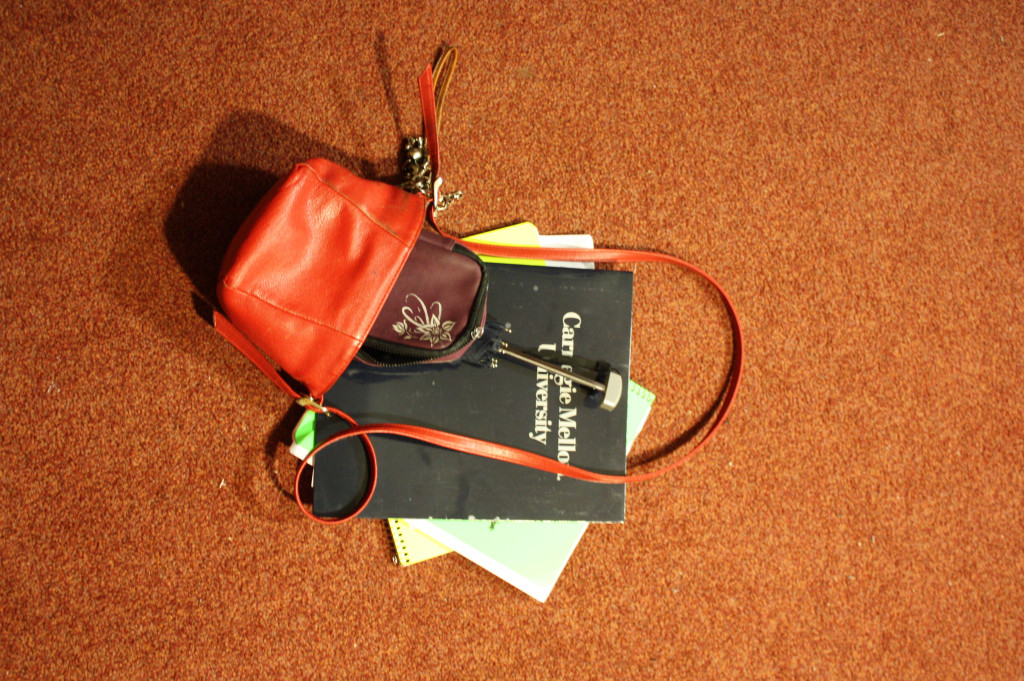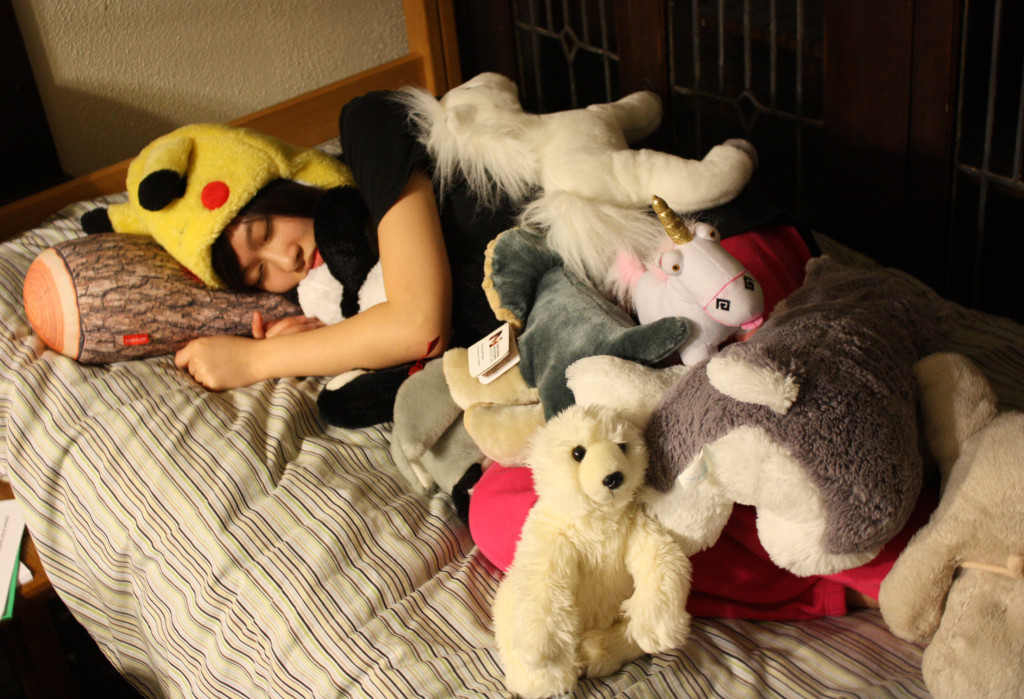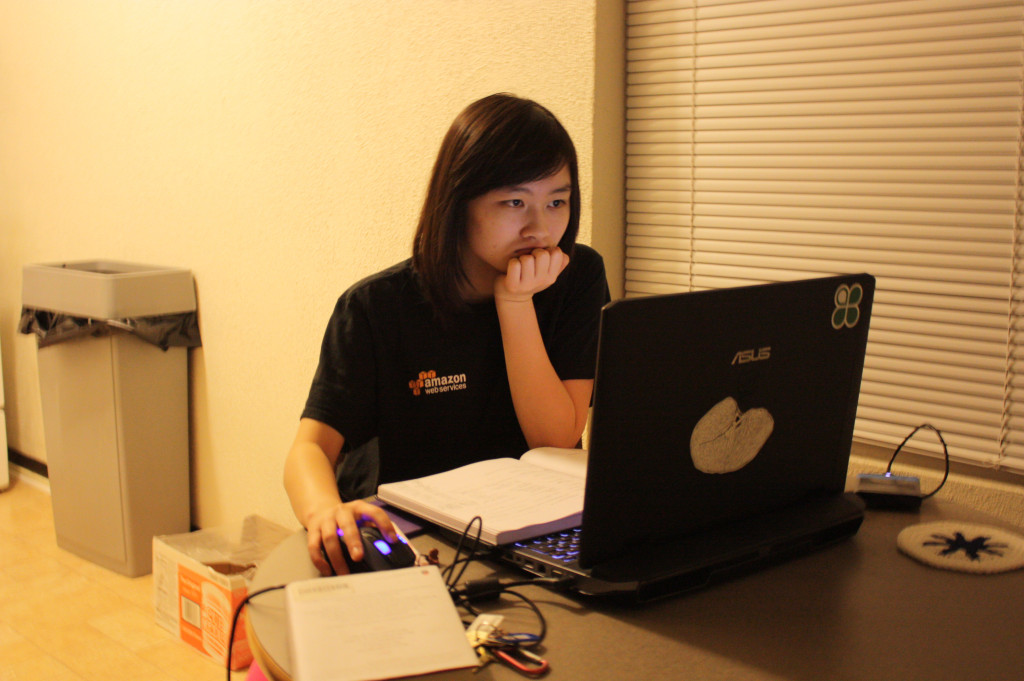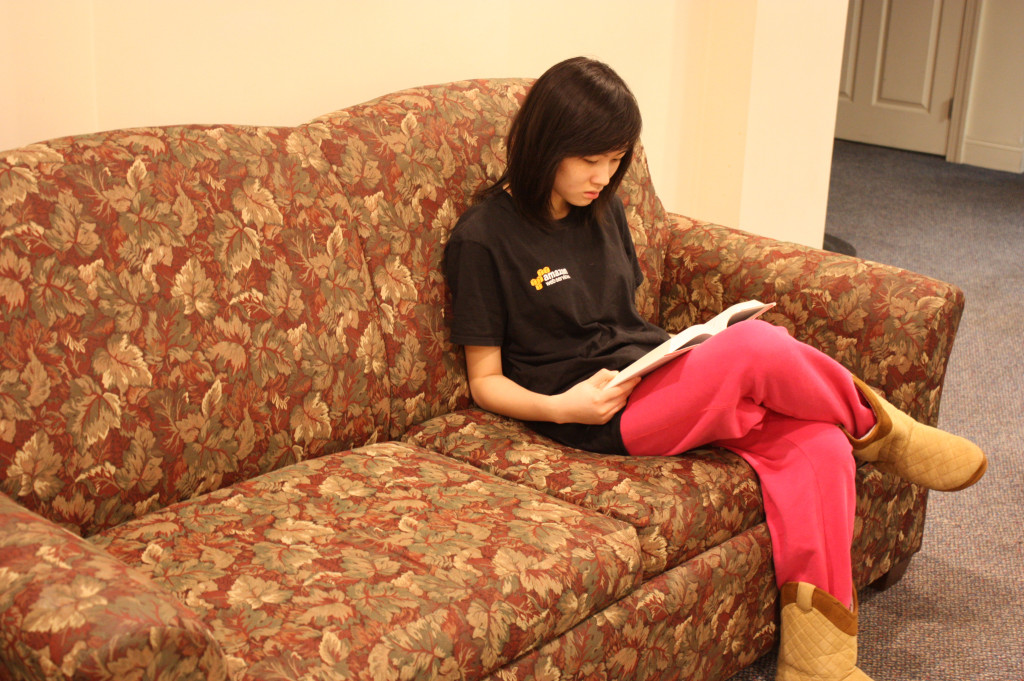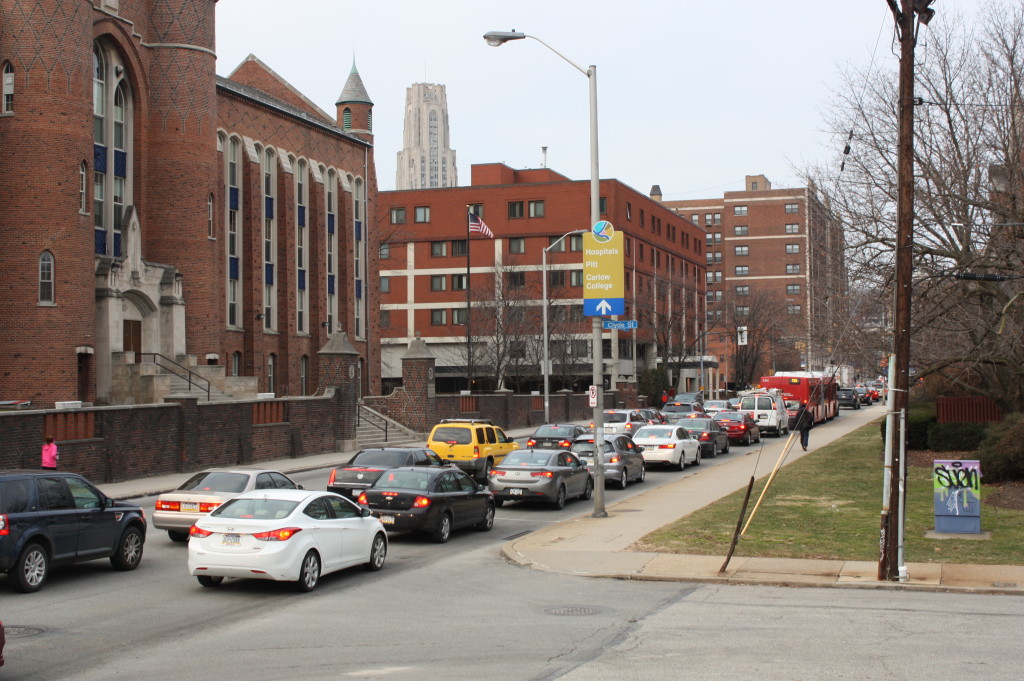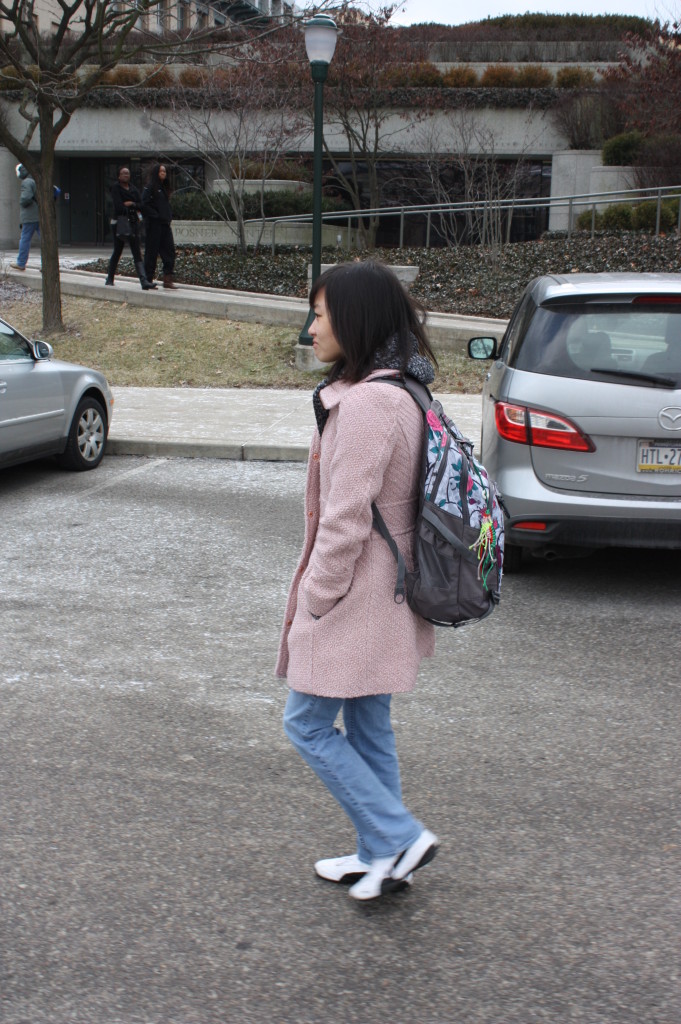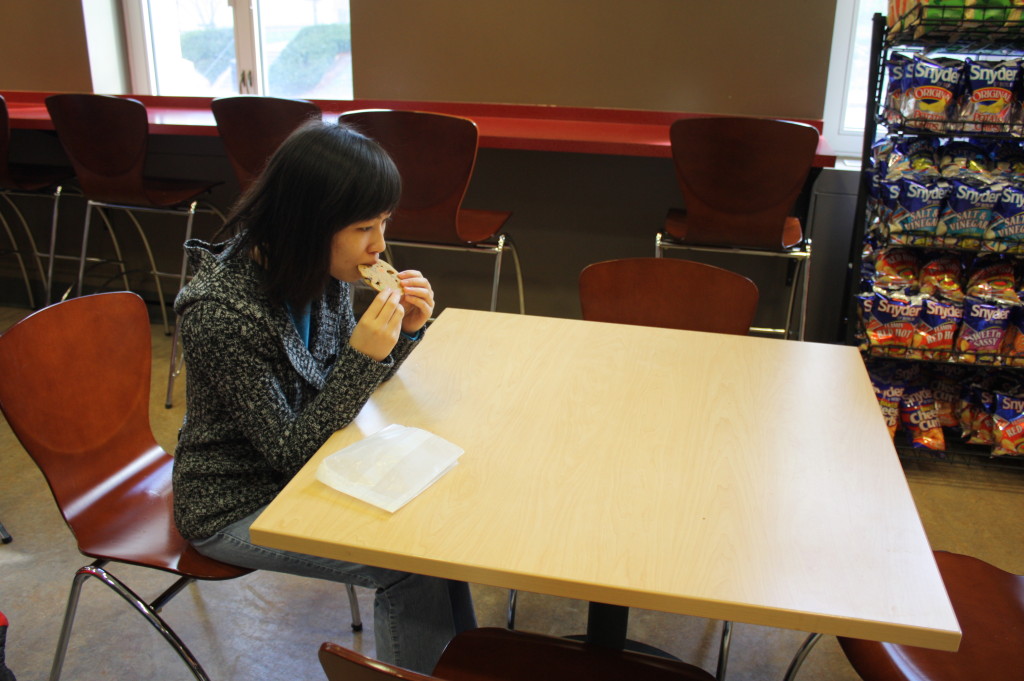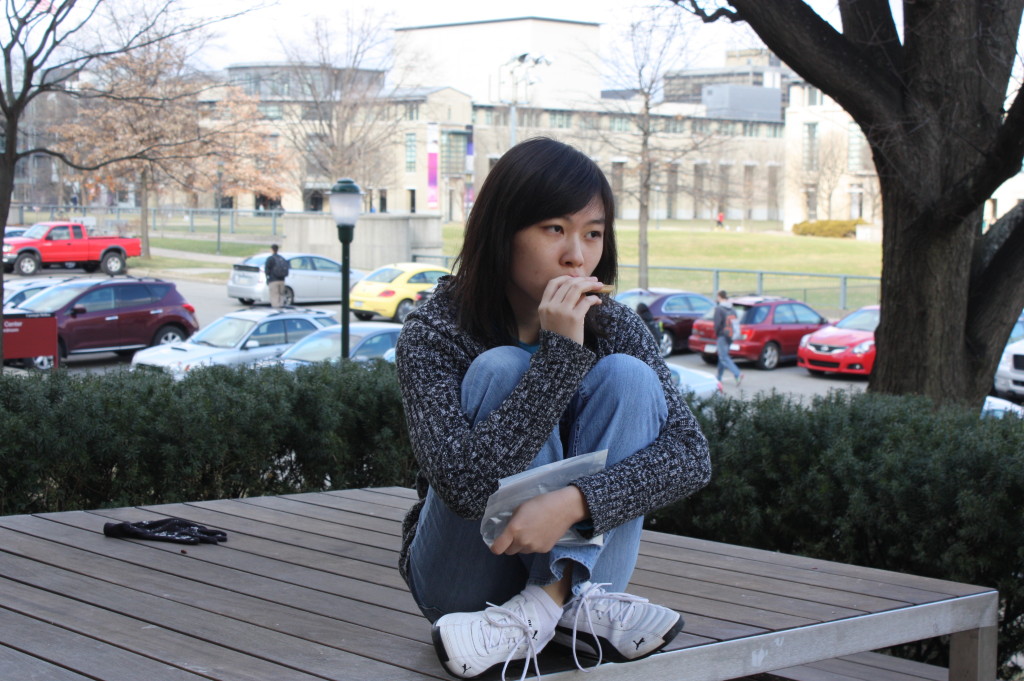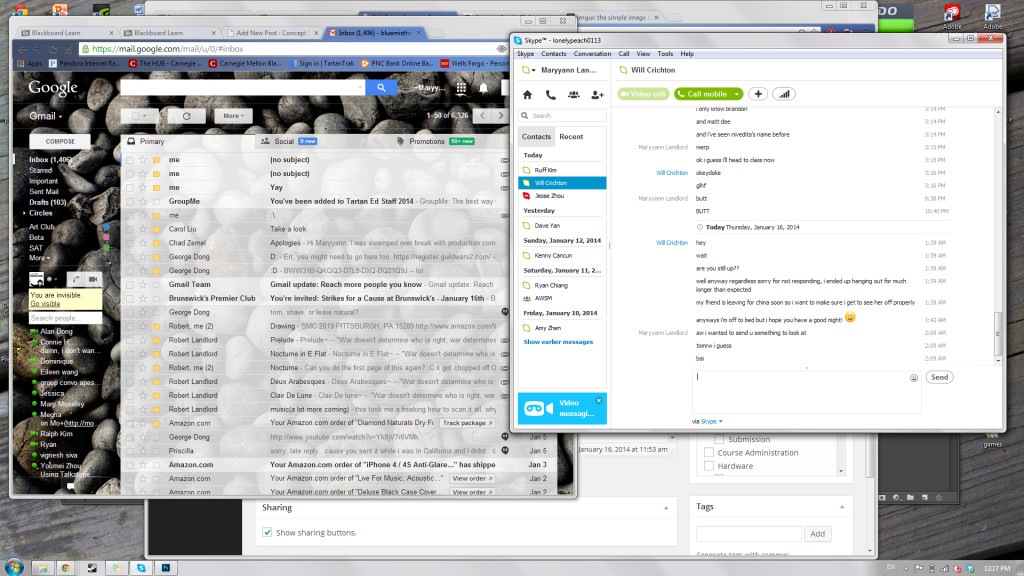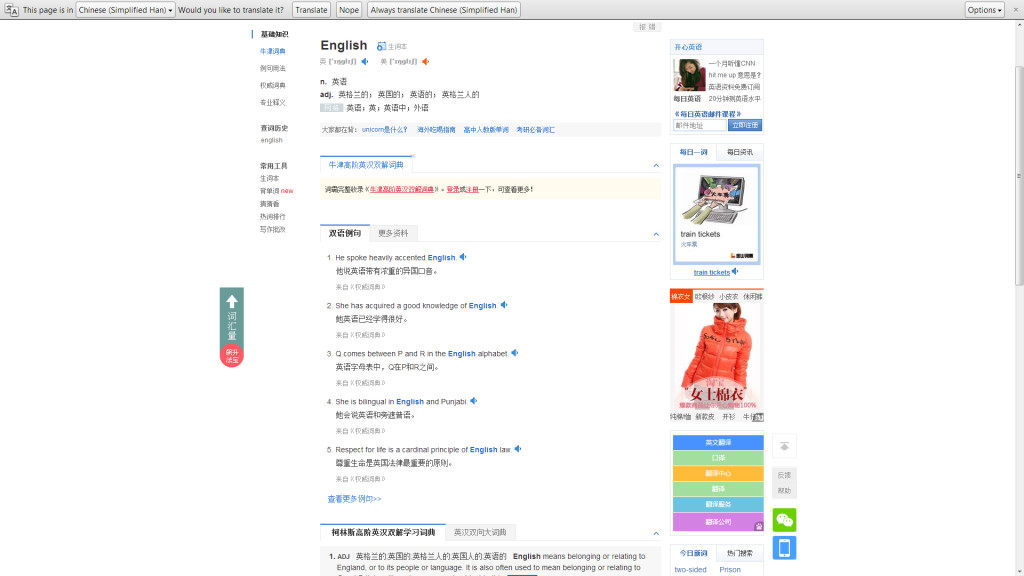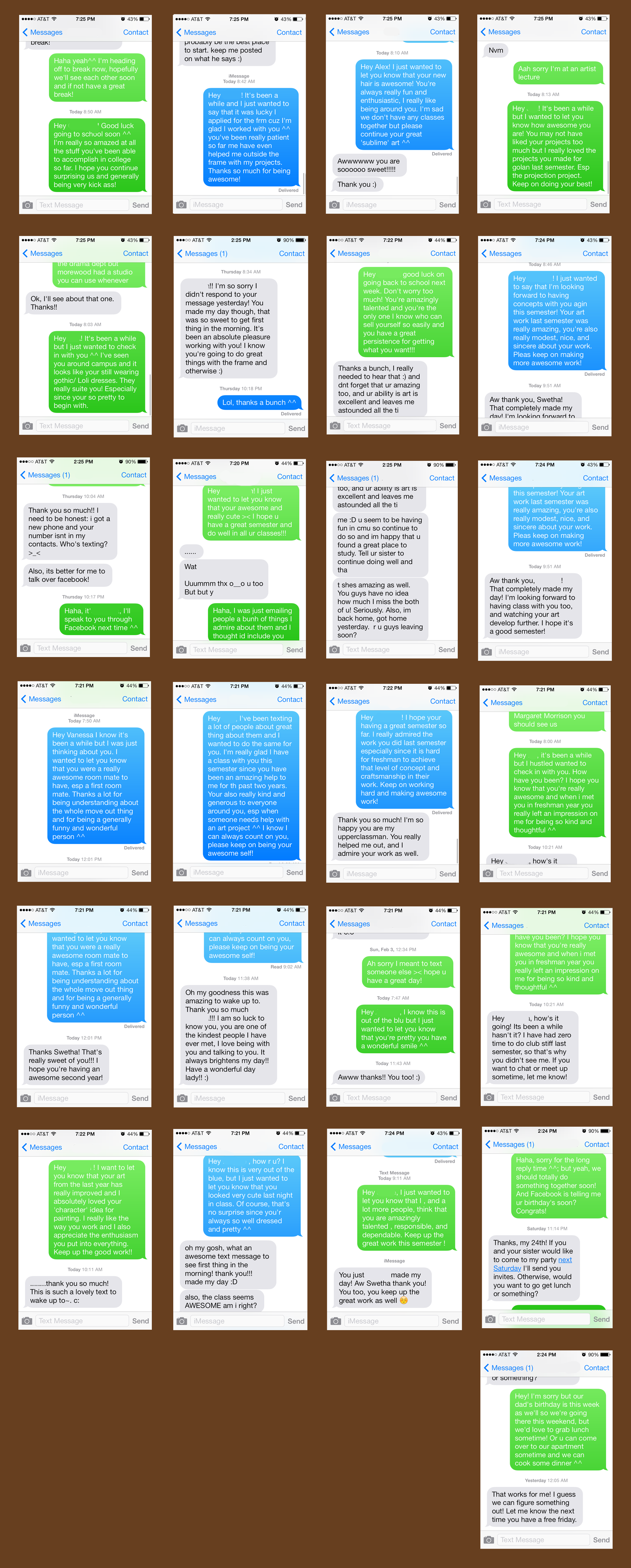“10 Systems: Part 1” by Sarah (2014)
1. Fashion
In: Clothing choices
Out: Social approval
Factors: Trends; Creativity; Price range
Feedback: Compliments; Staring
Leverage: Trends – Wear something that is a fashion trend now that is really impractical; Wear all the current trends at once
2. Communication
In: Gesture
Out: Recognition
Factors: Loneliness; Social norms; Distractions; Environment
Feedback: Response; Comfort/ Satisfaction
Leverage: Response – Respond inappropriately (yell or cry); Do not respond
3. Transportation
In: Body
Out: Body
Factors: Time; Access; Safety
Feedback: Word of mouth; Customer satisfaction
Leverage: Time – take an indirect route; Do not change position (not moving Point A to B)
*Note/Question: How does this affect/ critique the system?
4. Commerce
In: $ $ $
Out: Good/service
Factors: Want; Need; Access
Feedback: Customer satisfaction
Leverage: Access – Take too much for $ value; Affect others’ access
5. Eating
In: Food
Out: Energy (?)
Factors: Hunger; Availability
Feedback: Full/Satiated
Leverage: Hunger – Eat past ‘full’ or when not hungry; Food – Eat no food or eat ‘non-food’ material
6. Pet
In: Food; Care/Shelter
Out: Love
Factors: $$; Distractions; Time
Feedback: Pet shows affection/respect to owner; Pet wants to play; Pet allows petting/cuddling
Leverage: Time – Spend all day w/ pet instead of only feeding it. Does pet get annoyed?
7. Education
In: Person; Attention
Out: Demonstrated Learning (Papers, Exams, Work, etc.); Knowledge
Factors: Time; $$; Availability; Resources
Feedback: Grades; Personal satisfaction
Leverage: Demonstrated – produce nothing
8. Personal Relationships
In: Person/Self
Out: Companionship
Factors: Time; Vulnerability; $
Feedback: Closeness
Leverage: Vulnerability – Don’t get vulnerable; Time – Do not be available
9. Artistic Production
In: Effort
Out: Product
Factors: Time; Materials; State of mind; Cultural demands
Feedback: Public reaction
Leverage: Materials – Create something out of nothing
10. Cleaning
In: Effort
Out: No mess; Clean sanitary surfaces
Factors: Time; Materials
Feedback: Space; Relief
Leverage: Effort – Spend time but make few changes to relieving mess.
